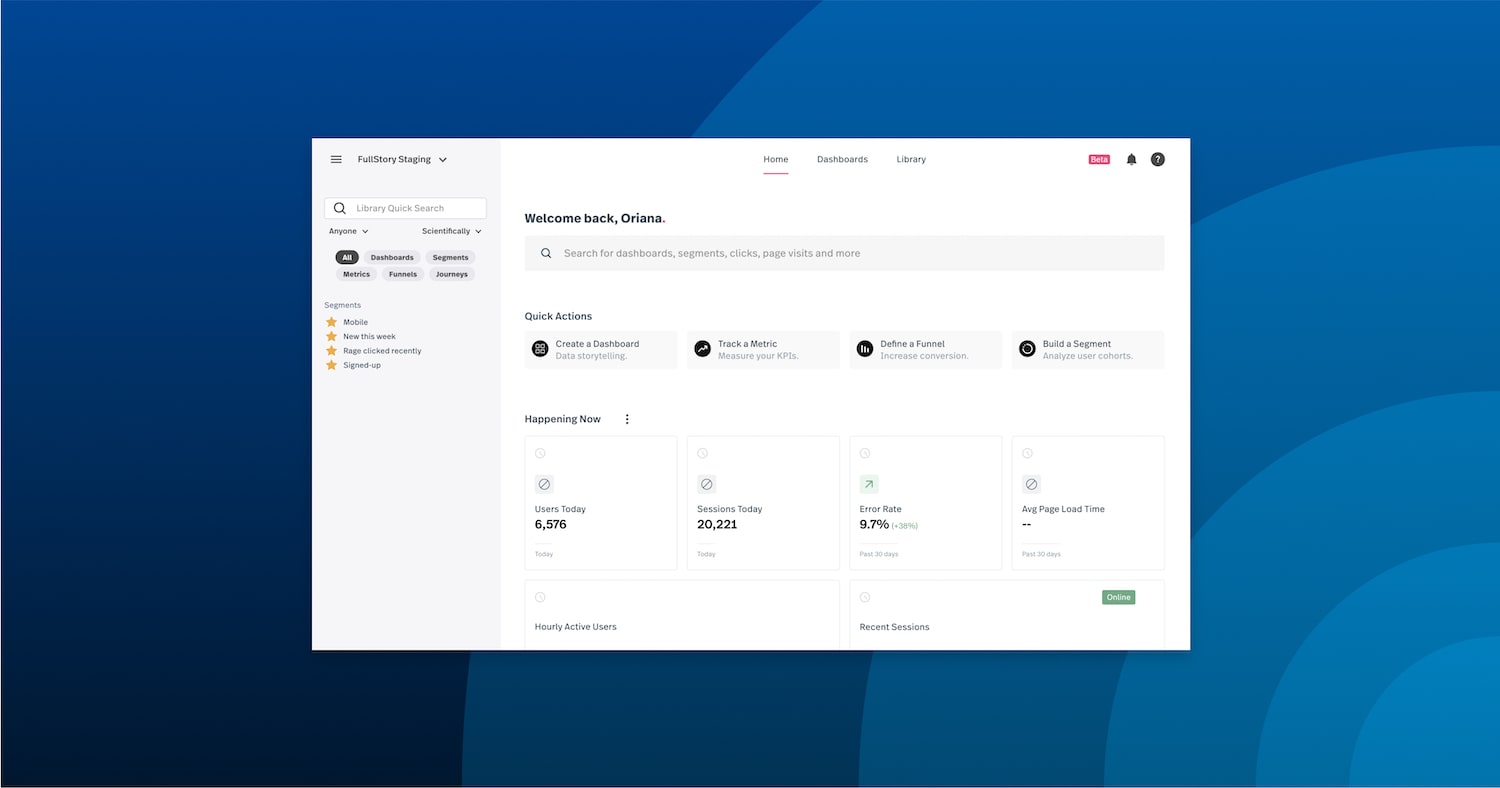Why Organizations Love Data-Driven Analytics Approaches
Why Organizations Love Data-Driven Analytics Approaches
Blog Article
Make Best Use Of Development: How Analytics Drive Better Strategies
In today's data-driven landscape, companies progressively recognize the essential duty of analytics in shaping effective growth techniques. By harnessing information insights, businesses can fine-tune their operational strategies, anticipate market adjustments, and boost consumer interaction. Nevertheless, the difficulty lies not only in collecting data but in efficiently translating it to drive substantial results. As we discover the crucial benefits and techniques connected with analytics, a crucial concern arises: just how can organizations guarantee they are leveraging these insights to open their complete potential? The response may redefine the future of critical preparation.
Recognizing Information Analytics
Data analytics is a methodical computational evaluation of data that enables organizations to uncover meaningful patterns and insights. This process encompasses a range of methods, including analytical analysis, predictive modeling, and information mining, which jointly aim to transform raw information into workable information - Analytics. By using these approaches, organizations can make enlightened decisions that are rooted in empirical proof as opposed to intuition alone
The foundation of data analytics depends on its capability to manage substantial amounts of info from diverse sources. This includes organized data, such as databases, and disorganized data, including social media sites interactions and consumer responses. Via using specialized software application and tools, experts can remove and refine this data successfully, recognizing fads and correlations that might not be right away noticeable.
Recognizing information analytics additionally includes identifying the relevance of data top quality and integrity. Reputable and accurate information is critical for meaningful analysis; thus, companies should implement durable information administration practices. The repetitive nature of analytics permits for continual refinement and enhancement of methods, ensuring that organizations stay active in the face of changing market dynamics and customer behavior.
Key Benefits of Analytics

One of the vital advantages of analytics is its ability to provide actionable insights. Organizations can promptly evaluate large amounts of data, uncovering patterns that might not be promptly evident.
An additional significant benefit is boosted customer understanding. Analytics devices make it possible for organizations to sector their audience, track consumer habits, and personalize marketing initiatives. This targeted strategy not just improves customer involvement yet likewise drives greater conversion rates.

Implementing Analytics Methods
To totally understand the benefits of analytics, organizations must adopt structured techniques for application. This begins with plainly specifying purposes that straighten with more comprehensive company objectives. By developing certain, measurable outcomes, companies can concentrate their analytics initiatives on areas that produce the greatest roi.
Following, companies ought to prioritize data governance to make certain the honesty and security of the information being analyzed. This involves establishing protocols for information collection, storage space, and gain access to while adhering to relevant guidelines. Making certain top quality information is essential for generating significant insights.
In addition, fostering a society of data-driven decision-making is essential. This calls for training employees to translate analytics searchings for and encouraging collaboration throughout departments. When groups understand the worth of analytics, they are more probable to incorporate understandings right into their daily procedures.
Lastly, organizations must consistently examine and refine their analytics methods. The landscape of data and modern technology is consistently advancing, and remaining versatile will certainly enable companies to utilize new tools and approaches successfully. By carrying out these structured techniques, organizations can take full advantage of the influence of their analytics efforts and drive sustainable growth.
Devices for Reliable Evaluation
Efficient analysis counts on a range of devices that promote the extraction of understandings from data - Analytics. These tools can range from basic spread sheet applications to sophisticated equipment discovering systems, each offering a distinct function in the logical process
Data visualization software application, such as Tableau and Power BI, plays a vital function in changing complicated datasets right into reasonable visual representations. These tools make it possible for analysts to identify patterns my response and patterns swiftly, permitting more educated decision-making.
Analytical evaluation software, like R and SAS, uses innovative abilities for performing extensive evaluations, consisting of regression, theory screening, and anticipating modeling - Analytics. These attributes empower organizations to attract purposeful verdicts from their information, identifying possible chances and threats
In addition, database administration systems such as SQL and NoSQL databases give the essential facilities for keeping and querying large quantities of data successfully. They make certain that data is organized and easily accessible for evaluation.
Last but not least, business intelligence systems integrate numerous information sources, giving a detailed sight of business efficiency. By using these devices effectively, companies can enhance their analytical capabilities, allowing them to develop techniques that make the most of growth and boost general performance.
Instance Studies of Success
Successful companies usually take advantage of information analytics to drive impactful approaches, as shown by a number of noteworthy study. One popular example is Netflix, which makes use of advanced formulas to examine visitor preferences and actions. By using these insights, Netflix has actually successfully customized its content suggestions, causing increased user engagement and client retention. Their data-driven technique has unquestionably contributed to their condition as a leading streaming solution.

In addition, Starbucks employs information analytics to identify optimal shop locations and refine its item offerings. By checking out consumer demographics and buying patterns, Starbucks efficiently recognizes high-potential markets and customizes its food see this selection to local tastes, driving sales and customer loyalty.
These case studies show that effective usage of data analytics can lead to strategic advantages, fostering technology and development within companies across numerous sectors.
Conclusion
In verdict, the combination of analytics into organizational methods dramatically improves decision-making procedures and fosters lasting growth. By leveraging data-driven understandings, businesses can identify patterns, expect market shifts, and enhance procedures. The efficient execution of analytics devices further sustains dexterity and innovation, enabling companies to browse competitive landscapes with greater precision. Ultimately, a dedication to analytics not only drives immediate performance enhancements but also secures long-term success in an ever-evolving market.
Information analytics is a systematic computational analysis of data that enables companies to uncover purposeful patterns and understandings.Comprehending information analytics additionally involves identifying the value of information quality and honesty. Dependable and accurate information is vital for meaningful analysis; thus, companies should execute robust information anchor administration techniques.Next, companies must prioritize data governance to make sure the integrity and safety and security of the information being assessed.Successful companies commonly leverage information analytics to drive impactful methods, as confirmed by a number of noteworthy case research studies.
Report this page